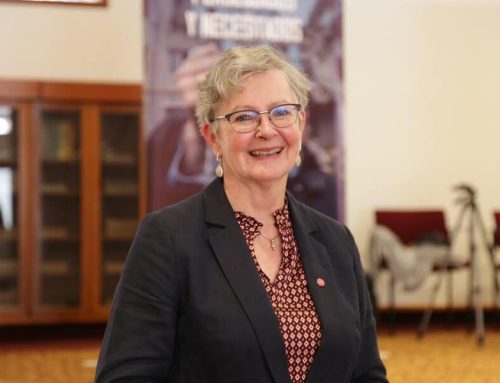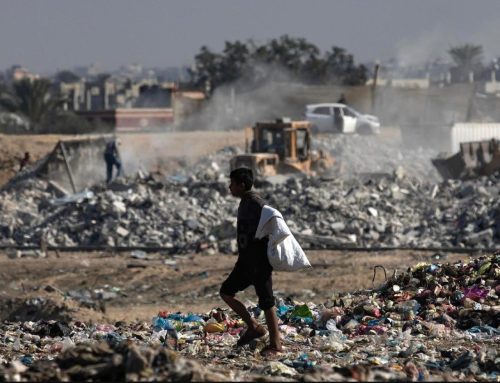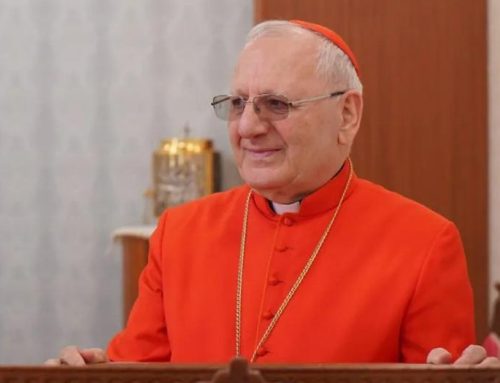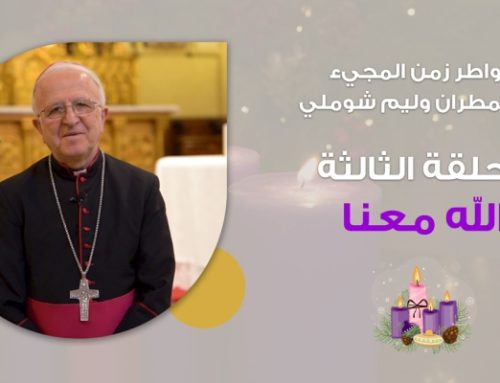The primary purpose and message of Benedict XVI's address in Regensburg, Germany was not about Islam, referred to in only four paragraphs of his eight- page lecture.
The primary purpose and message of Benedict XVI's address in Regensburg, Germany was not about Islam, referred to in only four paragraphs of his eight- page lecture. And yet, this Papal address to a university audience turned into an occasion for an international protest across the Muslim world. Morocco withdrew its ambassador to the Vatican, heads of state from Turkey to Indonesia voiced criticism, the Sheikh of Al-Azhar commented on the Pope's ignorance of Islam, and leaders of Muslim organizations called for a public apology. The incident has also triggered public demonstrations, the burning of the Pope in effigy in Pakistan and acts of violence against Christians and Christian churches.
The Pope clearly stated that his primary purpose was to discuss the "issue of 'faith and reason'. He did so reacting and responding to a major concern of his, the excesses of secularization: the triumph of secularism and increased weakness of Christianity and the Roman Catholic Church in his homeland, Germany, and in Europe in general, and attempts to exclude religion from the realm of reason.
Although the Vatican stated that the Pope did not intend to offend, his remarks did in fact upset many Muslims. Particularly offensive to Muslims was his citation of a fourteenth century Byzantine emperor's remarks about the Prophet Muhammad: "Show me just what Muhammad brought that was new, and there you will find things only evil and inhuman, such as his command to spread by the sword the faith he preached." Muhammad is revered in Islam as the final Prophet of God and the model of Muslim life. Moreover, the remark that he commanded the spread of Islam by the sword is simply inaccurate. The Quran and Muhammad did recognize the right to defend Islam and the Muslim community, by fighting those Meccans who threatened and attacked Muslims. Equally problematic is the Pope's statement that the Quranic passage, "There is no compulsion in religion" (Quran 2:256) was revealed in the early years of Muhammad's prophethood in Mecca, a period "when Mohammed was still powerless and under
Benedict XVI is a distinguished Catholic theologian but he is not an expert on Islam. The Vatican in the recent past has had some first class scholars of Islam serving the papacy as advisers. The inappropriate references to Islam in the Regensburg address could easily have been averted. If the Pope's primary purpose was to address the issue of the relationship between faith and compulsion on the one hand and faith and reason on the other,. Christian history offers ample examples (the Inquisition, Galileo, and other issues he mentions, violence and extremism, holy wars) without having recourse to passages drawn from mutual polemics.
Have Muslims overreacted to the pope's statement? Their responses need to be understood in the context of our post 9/11 world with its greater polarization and alarming increases in Islamophobia. Many Muslims feel under siege. A Gallup World Poll of some 800 million Muslims from Morocco to Indonesia indicates widespread resentment over what respondents see as the denigration of Islam and Arabs and Muslims in the West. The cartoon controversy in Europe demonstrated both the dangers of xenophobia and Islamophobia and depths of anger and outrage. Therefore, it is easy to understand why Muslims would express their disappointment and anger and call for an apology and dialogue much the same as Jewish leaders strongly urged meetings with the Pope or other Church leaders for offensive comments or actions. This was the case for American Jewish leaders before the papal visit of 1987 after Pope John Paul II had met with Kurt Waldheim. As prominent Muslim leaders noted during the European cartoon controversy and in the current situation, expressions of concern or outrage do not preclude discussion and dialogue and certainly never justify acts of violence.
Pope Benedict has now apologized but more can be done. The Pope could invite Muslim religious leaders and scholars to meet and discuss the issues that his statement raised and hear their concerns and responses to his specific comments about Islam, the Prophet, and jihad. He could invite them to join with him in mutually acceptable language to express concern about violence in the name of religion and the abuse of human rights. The pope's upcoming visit to Turkey could be an occasion to demonstrate in his public pronouncements his respect for Islam and Muslims and his desire to continue the major accomplishments that the Catholic Church has made since Vatican II in Catholic-Muslim dialogue.
It is now time to move on. The Pope has apologized and Muslims and Catholics (as indeed all Christians) must now get back on track, building on the significant accomplishments in interreligious dialogue in recent decades. In the twenty-first century, critical to Catholic-Muslims relations will be how Benedict XVI's Papacy and Catholics work with their Muslim counterparts to overcome ignorance and hostility as well as the threat from violence and intolerance globally.





